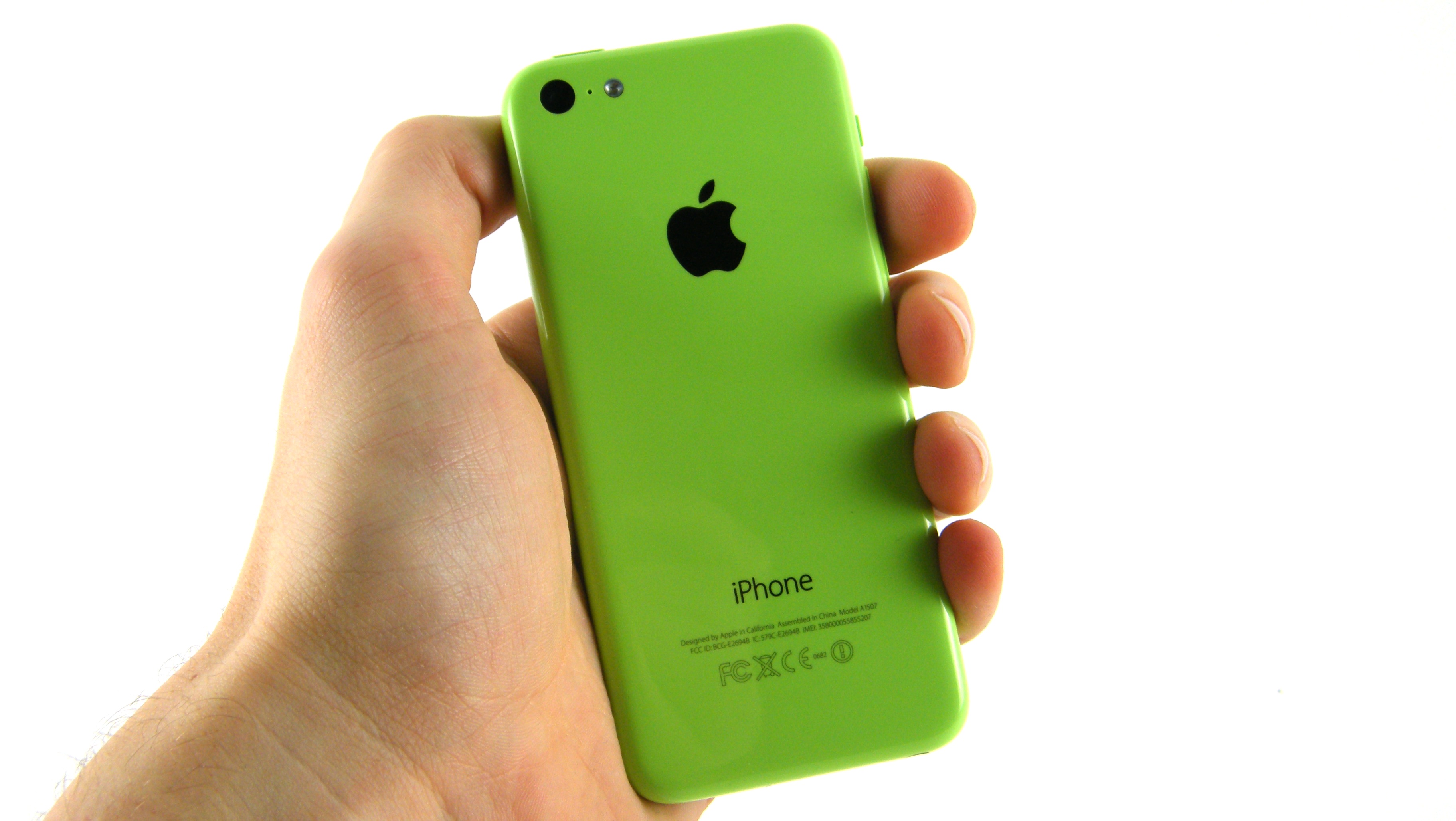Here's how much the FBI may have paid to unlock San Bernardino iPhone

Thanks to a little math, it's now thought the FBI paid over $1 million to a third party to hack the iPhone 5C used by San Bernardino terrorist Syed Farook.
Speaking at the Aspen Security Forum in London, FBI Director James Comey revealed in a roundabout way how much the agency paid to unlock the iPhone, as reported by Reuters.
"A lot," Comey said. "More than I will make in the remainder of this job, which is seven years and four months, for sure. But it was, in my view, worth it."
Assuming no paid vacation or bonuses, Comey's $183,300-a-year salary would mean the FBI paid $1.34 million for the hack.
The FBI originally wanted Apple to create a backdoor into its software to access the iPhone, but Apple refused, forcing the FBI to find another way in.
Comey's comments come after alleged statements from unnamed law enforcement officials that the agency hasn't found any data on the iPhone showing it was used to communicate with ISIS supporters before the December 2 attack that killed 14 people.
However, authorities maintain it was useful to exhaust this avenue of the investigation.
Sign up for breaking news, reviews, opinion, top tech deals, and more.
Mystery remains
It's still unknown who helped the FBI unlock the iPhone, and we may never know for sure.
According to reports, an Israeli firm named Cellebrite may have assisted in the hack. When techradar approached the company for a statement, the firm said it couldn't comment because of the ongoing investigation.
Cellebrite offers a Universal Forensics Extraction Device which can hack iPhones running iOS 7 or earlier, but iOS 9 features tougher encryption. Apple's lawyers have attempted to compel the FBI to reveal how it broke into the phone, but the government hasn't responded yet.
Comey claimed the paid exploit will allow the FBI to penetrate other iPhones 5Cs running iOS 9.
The battle continues
Though Apple vs the FBI may be over for now, the battle for encryption rages on as a coalition of tech companies, including Google and Microsoft, are battling a draft of an anti-encryption bill in the US Congress.
The bill would require companies to comply with court orders to access their products and services.
The coalition wrote an open letter to the senators responsible for the draft, saying the legislation amounts to "well-intentioned but ultimately unworkable policies around encryption that would weaken the very defenses we need to protect us from people who want to cause economic and physical harm".
Will concerns over privacy or security win out? That question is yet to be answered.
- Here's everything that went down between Apple and the FBI
